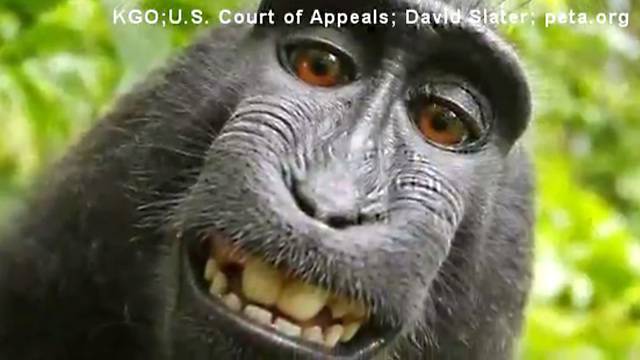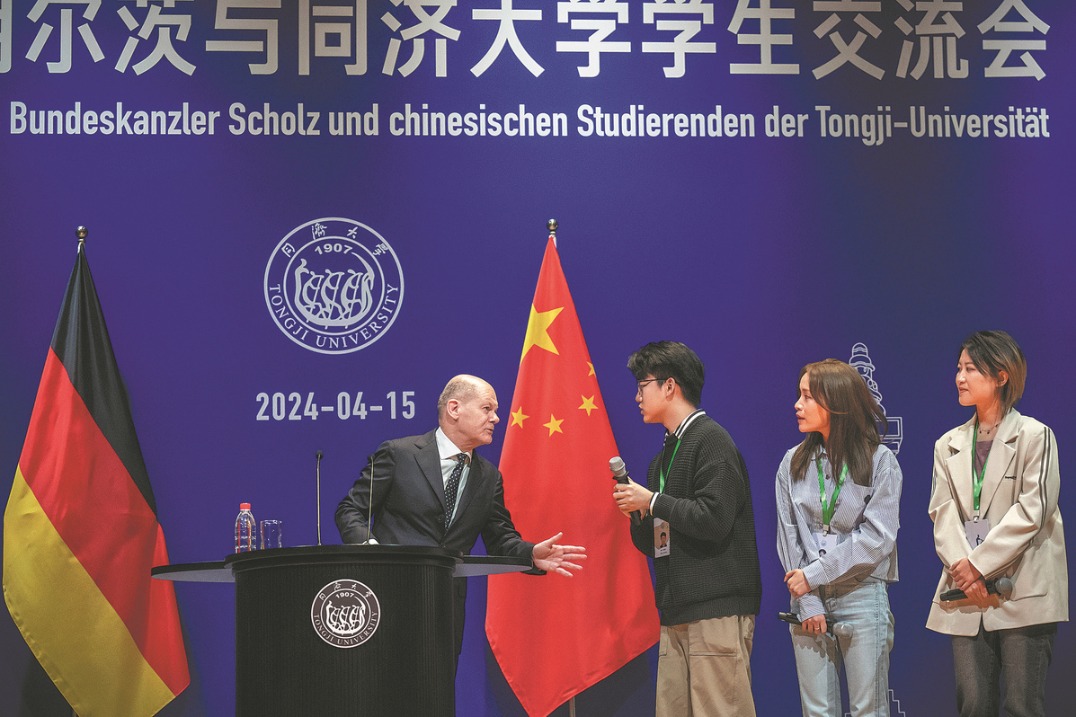Monkey in 'selfie' can't sue for copyright: US court


A US appeals court has favored humans over animals in a copyright lawsuit filed over a series of selfies taken by a monkey with a toothy grin.
US copyright law doesn't allow lawsuits that seek to give animals the rights to photographs or other original work, the 9th US Circuit Court of Appeals in San Francisco ruled on Monday. Copyright infringement can only be claimed on behalf of humans, the court said.
The panel upheld a lower court ruling that dismissed the lawsuit by the People for the Ethical Treatment of Animals against wildlife photographer David Slater whose camera was used by a crested macaque named Naruto to take the photos in 2011.
Naruto snapped the photos while Slater was on a trip to Sulawesi, Indonesia. Slater later argued that his company, Wildlife Personalities Ltd, owned worldwide commercial rights to the photos.
PETA's 2015 suit against Slater sought financial control of the photographs — including a famous selfie of the monkey grinning — for the benefit of the animal, who lives in a reserve in Indonesia.
The court ruled Slater, who lives in the UK, was entitled to attorneys' fees in the case and sent it back to a district court to determine the amount.
US District Judge William Orrick said in a ruling in 2016 that "while Congress and the president can extend the protection of law to animals as well as humans, there is no indication that they did so in the Copyright Act."
PETA appealed that ruling to the 9th Circuit.
Slater and PETA announced in September they reached a settlement, under which Slater agreed to donate 25 percent of any future revenue from the images to charities dedicated to protecting crested macaques in Indonesia.
Lawyers then asked the 9th Circuit to dismiss the case and throw out Orrick's decision. But the appeals court refused, saying a decision in this "developing area of the law" would help guide lower courts and considerable public resources had been spent on the case.
AP






























